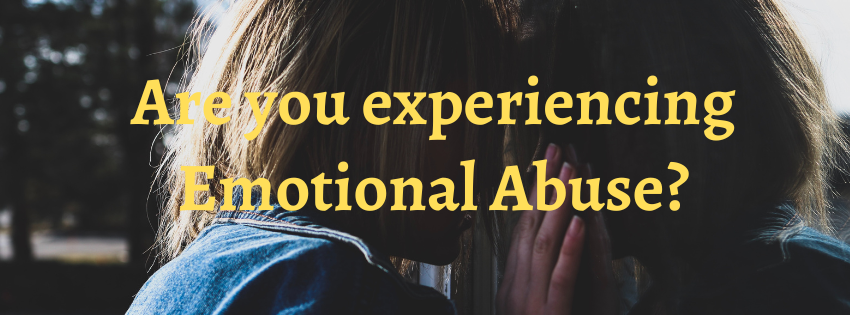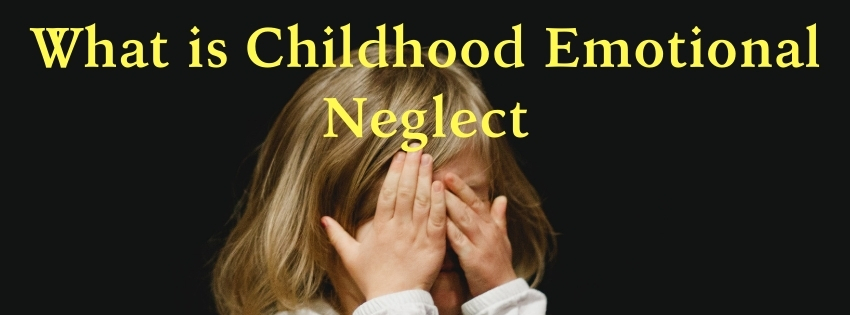Emotional abuse can have a profound impact on women and leave deep scars that last…

How to Develop a Self-Compassionate Response
Self-esteem is built on a sense of compassion towards ourselves. When you can understand and accept yourself, you can see yourself clearly and stop rejecting parts of yourself or repeatedly criticize yourself for perceived inadequacies. When you make a mistake, you can forgive yourself. You can set reasonable expectations and hence achievable goals. You are able to accurately appraise yourself, seeing the positives and strengths rather than getting stuck on negatives.
The Role of Compassion Towards Yourself
Compassion is one of your most powerful weapons against your inner critic. You can silence the ongoing and relentless critical voice by responding in a compassionate manner to yourself. People often think of compassion as an admirable trait similar to honesty or loyalty and that is demonstrated to others by being kind, sympathetic and helpful. While this is true, when it relates to self-esteem compassion is actually a skill – something you can acquire if you lack it or improve on if you already have it. And importantly, compassion is not something that you only feel and demonstrate to others – it should also inspire you to be kind, sympathetic and helpful to yourself.
The Basic Components of Self-Compassion
Understanding
An attempt to understand is the first step towards a compassionate relationship towards yourself (and others) as it allows you to change your feelings and attitudes. Understanding the nature of your problems doesn’t mean you have to come up with solutions to them. It simply means you have figured out how you operate and provides you with a sense of how you came to be the person you are.
Acceptance
Acceptance is perhaps the most difficult aspect of compassion. Acceptance is an acknowledgment of the facts with all value judgment suspended. You neither approve nor disapprove – you accept.
Forgiveness
Forgiveness flows out of understanding and acceptance but it certainly doesn’t equate with approval. It means letting go of the past, putting a “case closed” stamp and proceeding with today’s business without dwelling on the incident and feeling rotten all over again. True forgiveness of others means that the accounts are balanced and you have given up on the idea of retaliation or reparation.
The Compassionate Response
Below is an imagery exercise to help develop compassion towards self. It involves a series of questions to ask ourselves in regards to situations that we hold ourselves accountable for and cause us to experience a lot of guilt, judge ourselves harshly on or we simply can’t move past. I encourage you to practice by recording it on your phone and playing it back when you are sitting in a quiet space.
Bring to mind a past event that your inner critic holds strongly against you. Allow yourself to -re-experience the event including how you were feeling at the time, what was going through your mind, noticing your reactions. While holding the image and all the things which may come up, ask yourself the following questions:
What need was I trying to meet at the time? Was I trying to feel more secure, less anxious, more in control?
Now ask: What was I thinking at the time? What were my beliefs then, how was I interpreting the situation?
Now ask: What feelings or pain did I have at the time? Think about the emotional context of the event.
When you have some understanding of the needs, thoughts and feelings that influenced you at the time, it’s time to accept and forgive. Stay focused on the image of yourself in the middle of the event and say this to the person you were:
I wish this hadn’t happened but I was trying to meet my needs. I accept myself without judgment or feelings of wrongness for my attempt. I accept myself at that moment as trying to survive.
Really try to feel these statements and allow them to sink in. And now it’s time to let go of the past. Say to yourself:
I owe no debt for this mistake. It’s over and I can forgive myself and allow myself to move forward.



